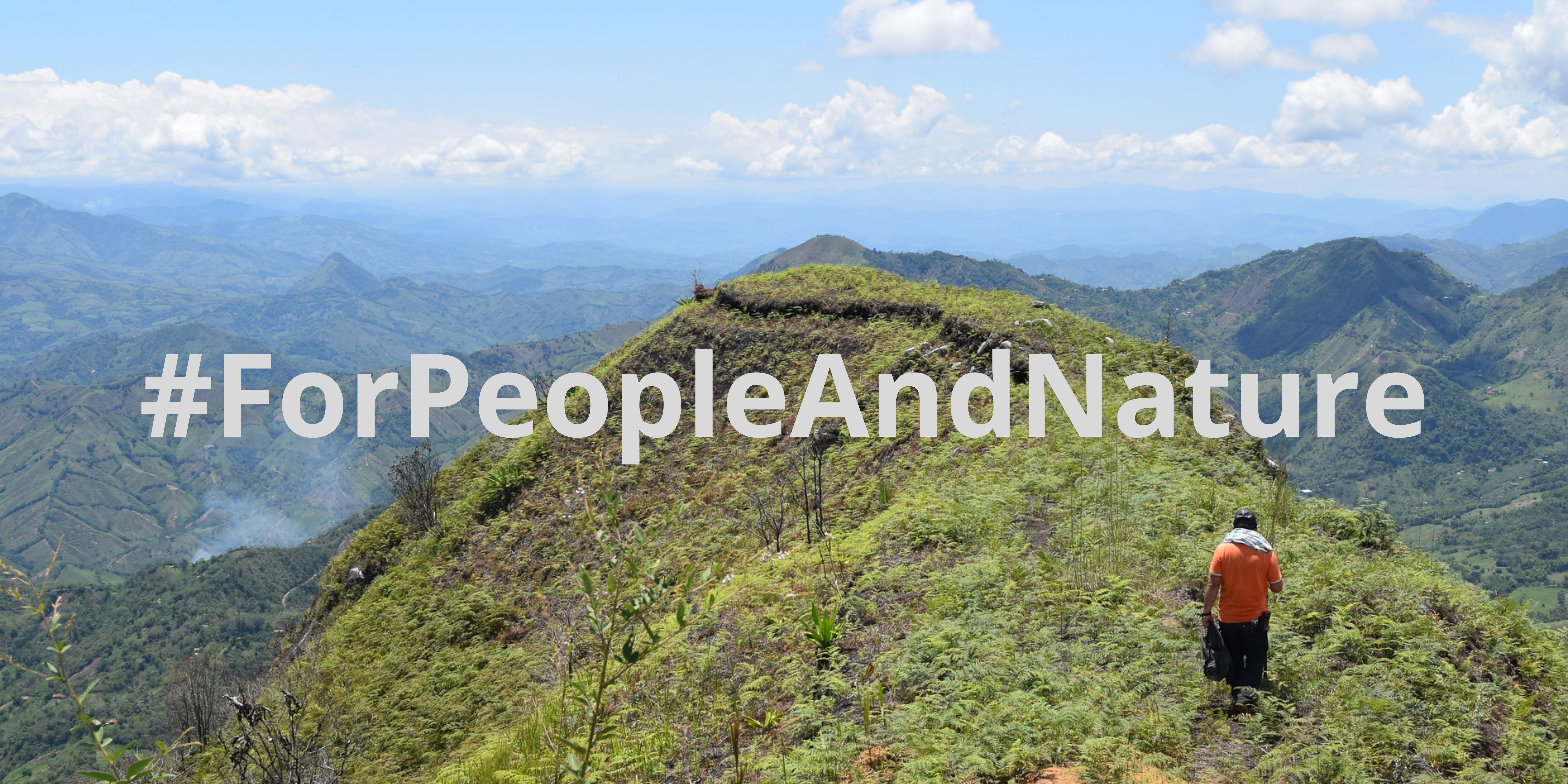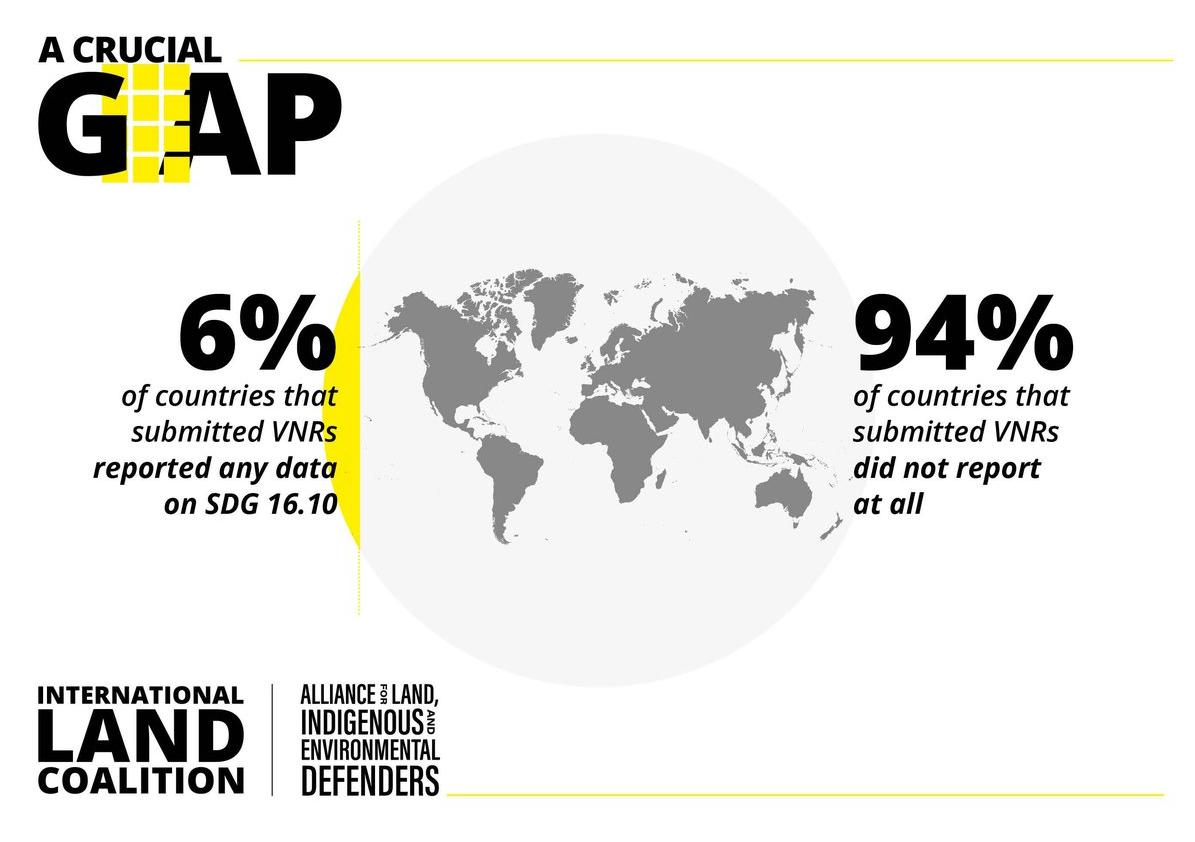Russia’s Indigenous Peoples call for international support to save the Arctic

Shifting to electric vehicles (EV) is seen as an important step towards a greener future. However, the process of extracting nickel, a crucial component of EV batteries, very often is not environmental-friendly. The world’s largest producer of nickel, Nornickel, has been destroying the environment and violating Indigenous Peoples’ rights in the Arctic for decades. Indigenous Peoples are now trying to bring the international community’s attention to the problem with the hope of protecting their ancestorial lands.








